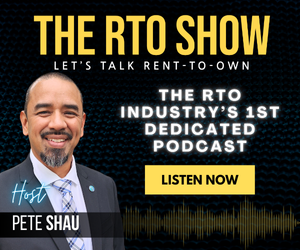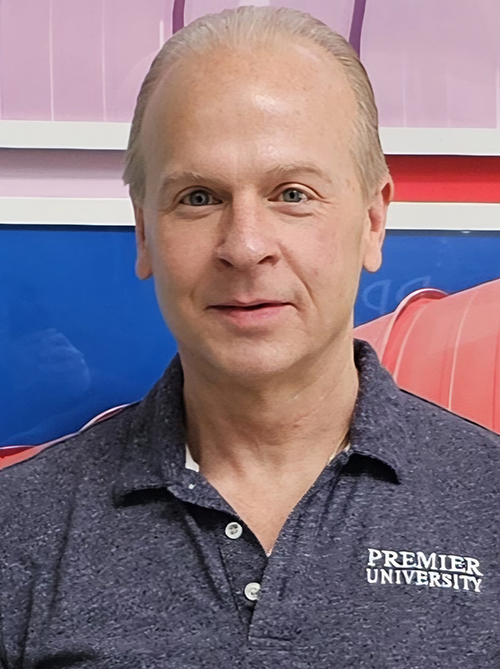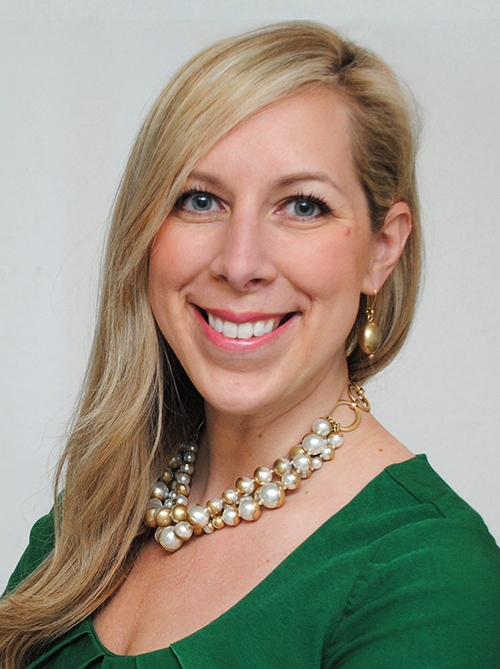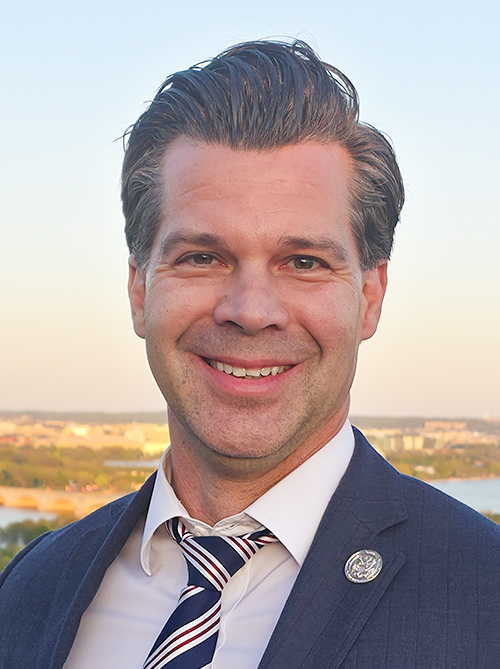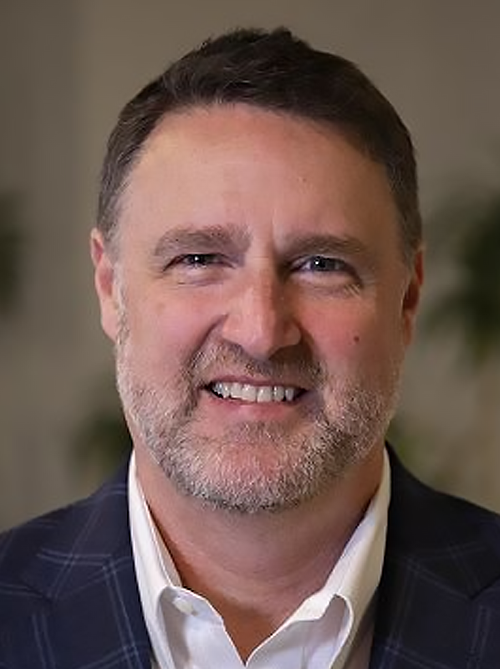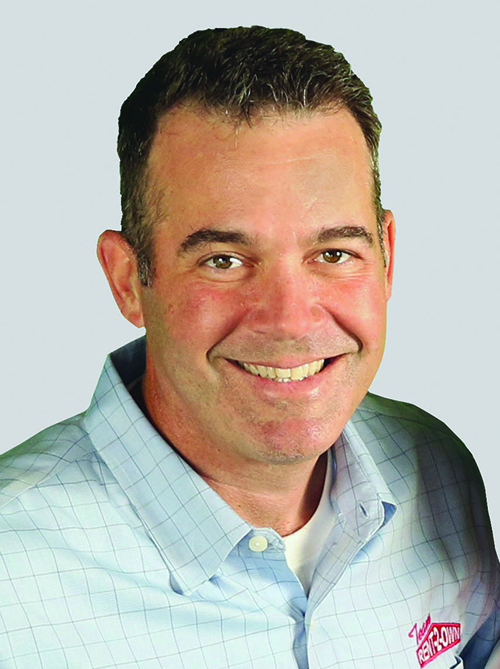By Charles Smitherman

2020 was a weird time for everyone. Many people took up new hobbies to pass the newfound time. For me, I had a Forrest Gump reaction – I started running, and running. I didn’t set out to run every day. It began unintentionally – just a few consecutive days of running, that soon became weeks, then months. As the days added up, so did my commitment to the streak. Before I knew it, I was on a 387-day running streak that ended only when my wife hid my running shoes and blocked the door to force me to rest for my upcoming run across the Grand Canyon, an idea I took up and trained for during the streak.
There were days when running was the last thing I wanted to do – when I was sick, exhausted, traveling, or recovering from a grueling trail race. Yet, the longer the streak continued, the harder it became to break. It wasn’t about the miles anymore; it was about the habit.
Stephen Covey, in his book The 7 Habits of Highly Effective People, emphasizes the importance of habits in shaping our lives. He writes, “Sow a thought, reap an action; sow an action, reap a habit; sow a habit, reap a character; sow a character, reap a destiny.” This progression underscores how our daily actions, no matter how small, can lead to significant transformations over time.
This concept aligns seamlessly with the Kaizen philosophy – the idea that small, continuous improvements lead to substantial progress. By focusing on manageable, incremental steps, we can avoid feeling overwhelmed by the magnitude of our goals. Instead of fixating on the end result, we concentrate on the process, trusting that consistency will carry us forward.
Covey’s first three habits – Be Proactive, Begin with the End in Mind, and Put First Things First – serve as a roadmap for personal effectiveness. Being proactive means taking responsibility for our actions and recognizing that we have the power to choose our responses. Beginning with the end in mind encourages us to envision our goals clearly, providing direction and purpose. Putting first things first reminds us to prioritize our time and energy on activities that align with our objectives.
Applying these principles to fitness, it’s not about making drastic changes overnight. It’s about establishing routines that become second nature. Whether it’s committing to a daily walk or choosing healthier meals, these consistent actions build momentum and become something you just do. You walk or run because you are a walker or runner, you eat healthy because you are a healthy eater.
If you’re new to fitness or finding it hard to stay motivated, start small. Commit to a simple, achievable habit – like a 10-minute walk or a one-mile run each day – for a week. Observe how this small commitment influences your mindset and energy levels. As the habit takes root, you’ll find it easier to build upon it, gradually incorporating more activities that support your health and well-being.
Remember, the journey of a thousand miles begins with a single step. By focusing on consistent, purposeful actions, we lay the foundation for lasting change.
For more about the power of habit for your work, health, well-being, and business, I highly recommend reading or re-reading The 7 Habits of Highly Effective People by Stephen Covey.



